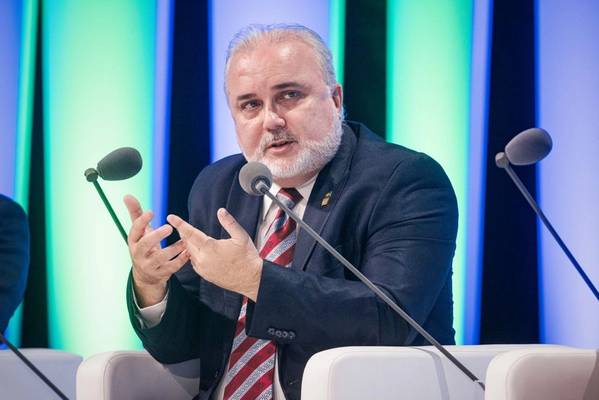
Petrobras CEO Jean Paul Prates participated in the CEO Oil and Gas Governors Meeting in Geneva this week and highlighted that it is crucial to raise people's awareness of the essential contribution of oil to the economy.
The event was coordinated by the World Economic Forum, and the meeting addressed two main themes: energy transition at COP 28 and the commitment of the industry to the emission reduction target (net zero).
Prates believes the great challenge for COP 28 is to reverse the general understanding that the oil and gas industry is the villain of the global energy transition process.
“We need to understand that the industry is not only part of the problem, but also part of the solution. There is no fair energy transition, there is no ecological transition, without the engagement of the oil industry. Our industry is essential for the energy transition as it has state-of-the-art technology, qualified personnel, capillarity with the economies of various countries and profiles, and scale to promote the necessary transformation.”
Among the points of consensus pre-agreed at the meeting is the proposal for a more emphatic alignment of the oil and gas industry in support of the Paris Agreement.
“It is necessary that, by COP 28, the oil and gas industry in transition make a full statement of commitment to the goals of the Paris Agreement, declaring that it will actively work with both its suppliers and its consumers in favor of these goals,” said Prates.
He also stressed that it is necessary to pay attention to the risk that the demands for transformations will deepen social and economic problems, such as structural inflation, high prices for access to energy sources, and, ultimately, hunger.
“The decarbonization targets and the principles of energy transition should not be understood as an imposition that threatens the survival of anyone, especially the most fragile populations. They are, in the opposite sense, a call to the leadership of the largest companies to contribute to a decisive change in defense of the preservation of life on our planet. When called upon to act, we must lead by example, understanding that local socioeconomic realities will dictate different timetables in this process.”